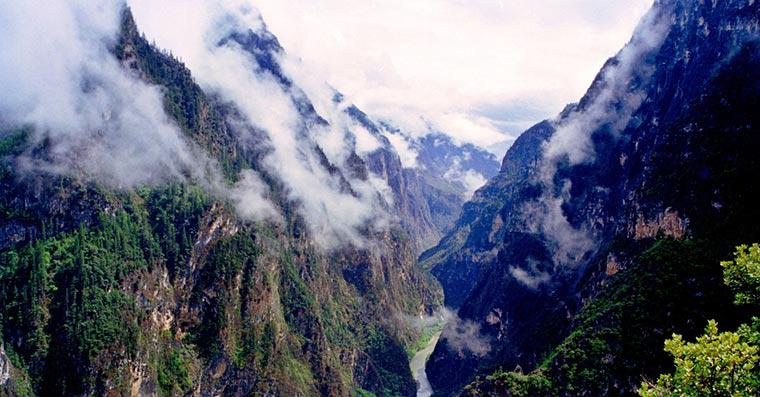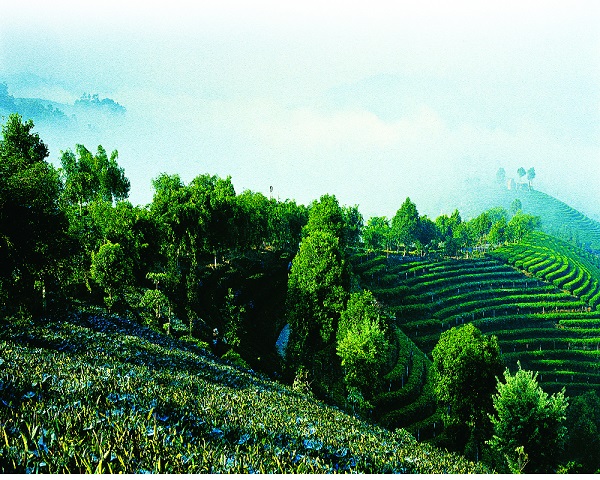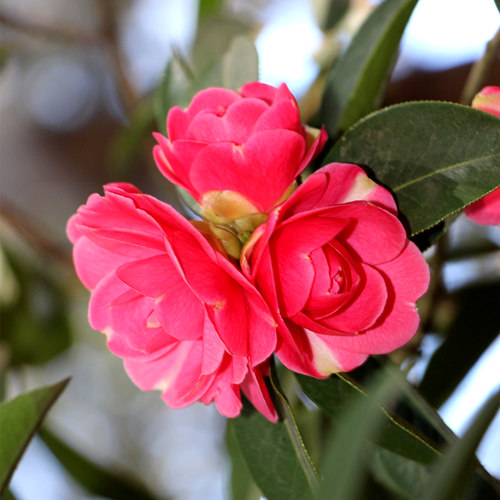
Detailed Introduction to Yongsheng County of Lijiang
Yongsheng County (永胜县) is located in the northern part of Lijiang City, Yunnan Province, China. Known for its rich natural landscapes, ethnic diversity, and historical significance, Yongsheng offers a fascinating mix of culture, history, and outdoor activities. It is particularly famous for its highland agricultural production, including tea, and is strategically positioned near Jade Dragon Snow Mountain and Lijiang Old Town, making it an attractive location for both residents and visitors.
Geographical Location and Climate
Location:
Yongsheng County is situated in the northern part of Lijiang City and covers an area of approximately 2,701 square kilometers. It borders Jade Dragon Snow Mountain to the west and is near Lijiang Old Town to the south. The county is also close to the Yangtze River and offers access to neighboring regions within Yunnan Province.
Terrain and Environment:
Mountainous Terrain: The county is predominantly mountainous, with the Jade Dragon Snow Mountain range lying to the west, contributing to the region’s stunning landscape.
Rivers and Valleys: The Yangtze River system and several tributaries run through the county, creating fertile valleys that are ideal for agricultural production.
Forests and Nature Reserves: The surrounding forests are rich in biodiversity, housing numerous plant and animal species.
Climate:
Yongsheng enjoys a temperate climate with moderate temperatures. The average annual temperature is about 15°C, with warm summers and cool winters. The area experiences ample rainfall, particularly during the summer monsoon season, contributing to its agricultural productivity.
Historical Background
Yongsheng County has a rich history intertwined with ancient trade routes, ethnic migration, and agricultural development. The region’s proximity to Lijiang Old Town and the Tea Horse Road has made it an important point for cultural exchange and trade for centuries.
Ancient Trade Routes: Historically, Yongsheng was part of the Tea Horse Road, which connected Yunnan to Tibet, Southeast Asia, and beyond. The county facilitated the exchange of tea, horses, and other goods along this route.
Ethnic Diversity: The county is home to several ethnic groups, including the Naxi, Yi, Lisu, and Han peoples. These communities have contributed to the region’s rich cultural heritage and diverse traditions.
Modern Development: In recent decades, Yongsheng has undergone significant modernization, especially in infrastructure, agriculture, and tourism, while still preserving its cultural and natural resources.
Economic Overview
Yongsheng’s economy is based on agriculture, tourism, and small industries. The county is known for its agricultural abundance, particularly its tea production, as well as its developing tourism sector.
1. Agriculture
Agriculture is a key driver of the economy, with the fertile soil and temperate climate supporting a variety of crops:
Tea Production: Yongsheng is part of the Pu'er tea region, producing black tea, green tea, and organic tea. The highlands of the county are ideal for growing tea, which is one of the area’s primary exports.
Fruits and Vegetables: Yongsheng produces a range of crops, including apples, pears, grapes, and potatoes. The diverse agricultural output supports both local consumption and regional trade.
Herbs and Medicinal Plants: The county grows various medicinal plants, some of which are used in traditional Chinese medicine (TCM).
2. Tourism
Yongsheng’s stunning landscapes, rich culture, and proximity to Lijiang Old Town have made it a growing tourist destination. Key tourism activities include:
Eco-Tourism: The county’s mountainous terrain and forests offer opportunities for hiking, birdwatching, and photography. Visitors often explore the scenic Jade Dragon Snow Mountain range and surrounding nature reserves.
Cultural Tourism: Yongsheng’s ethnic diversity, especially the traditions of the Naxi, Lisu, and Yi people, attract tourists interested in local culture and festivals.
Tea Tourism: The county’s long history of tea cultivation also attracts tourists interested in visiting tea plantations, learning about traditional tea-making methods, and participating in tea-tasting activities.
3. Small Industries
The county has also seen growth in small industries related to agriculture, such as tea processing and food production, as well as in handicrafts and traditional goods like wooden carvings, silk products, and handmade paper.
Ethnic and Cultural Heritage
Yongsheng County is home to several distinct ethnic groups, including the Naxi, Yi, Lisu, Hani, and Han peoples. These communities have their own languages, traditions, and festivals that contribute to the cultural richness of the county.
1. Naxi Cult



